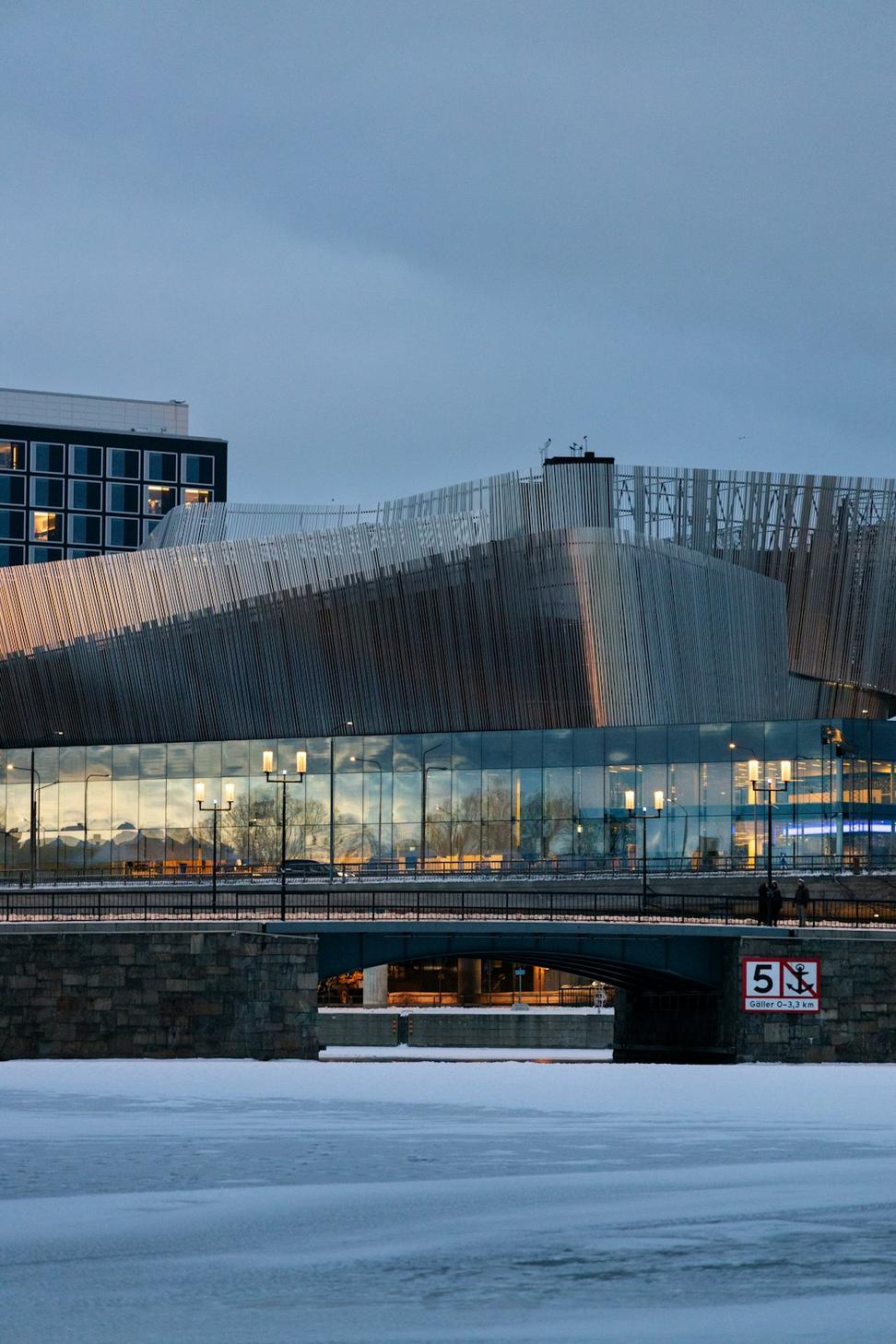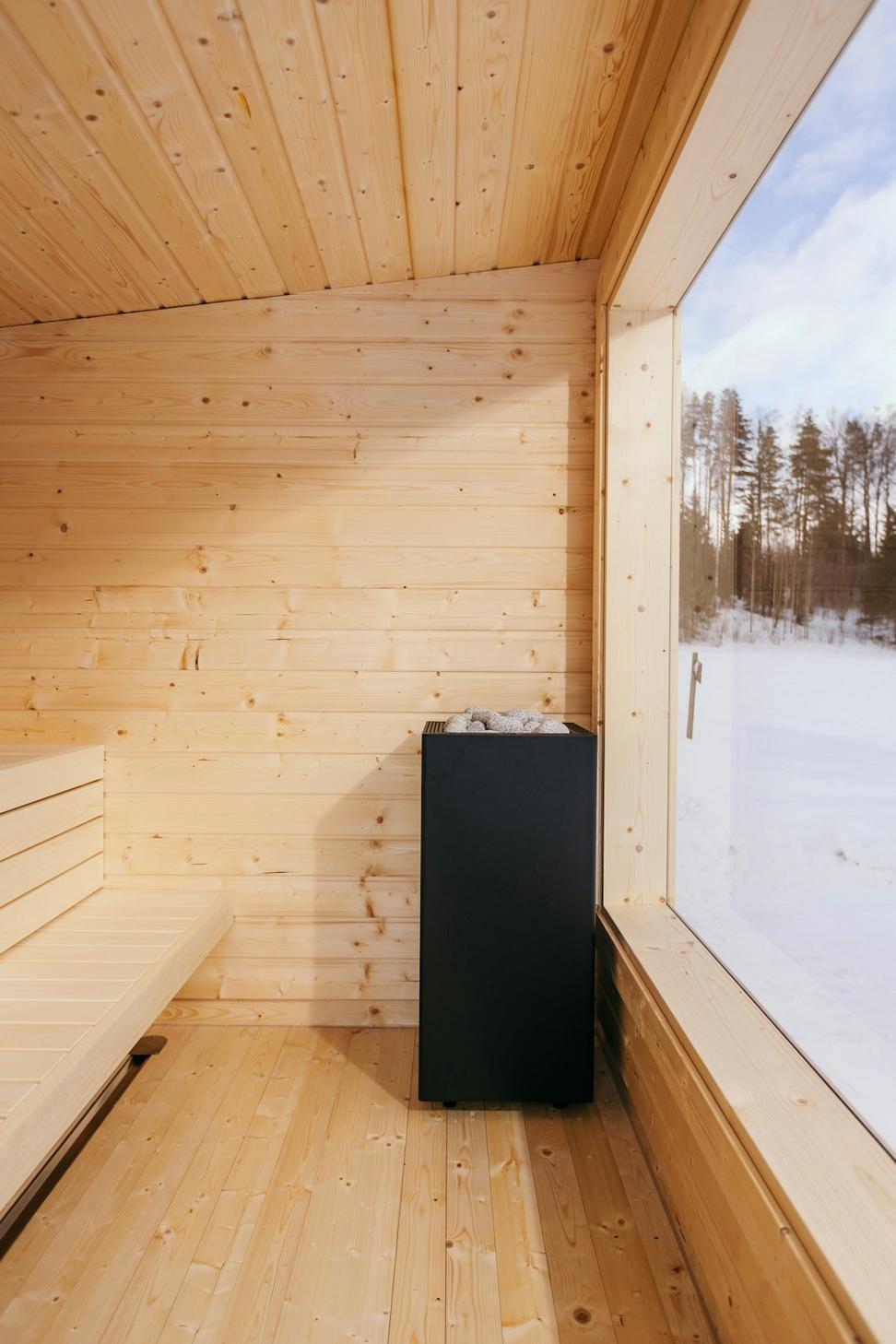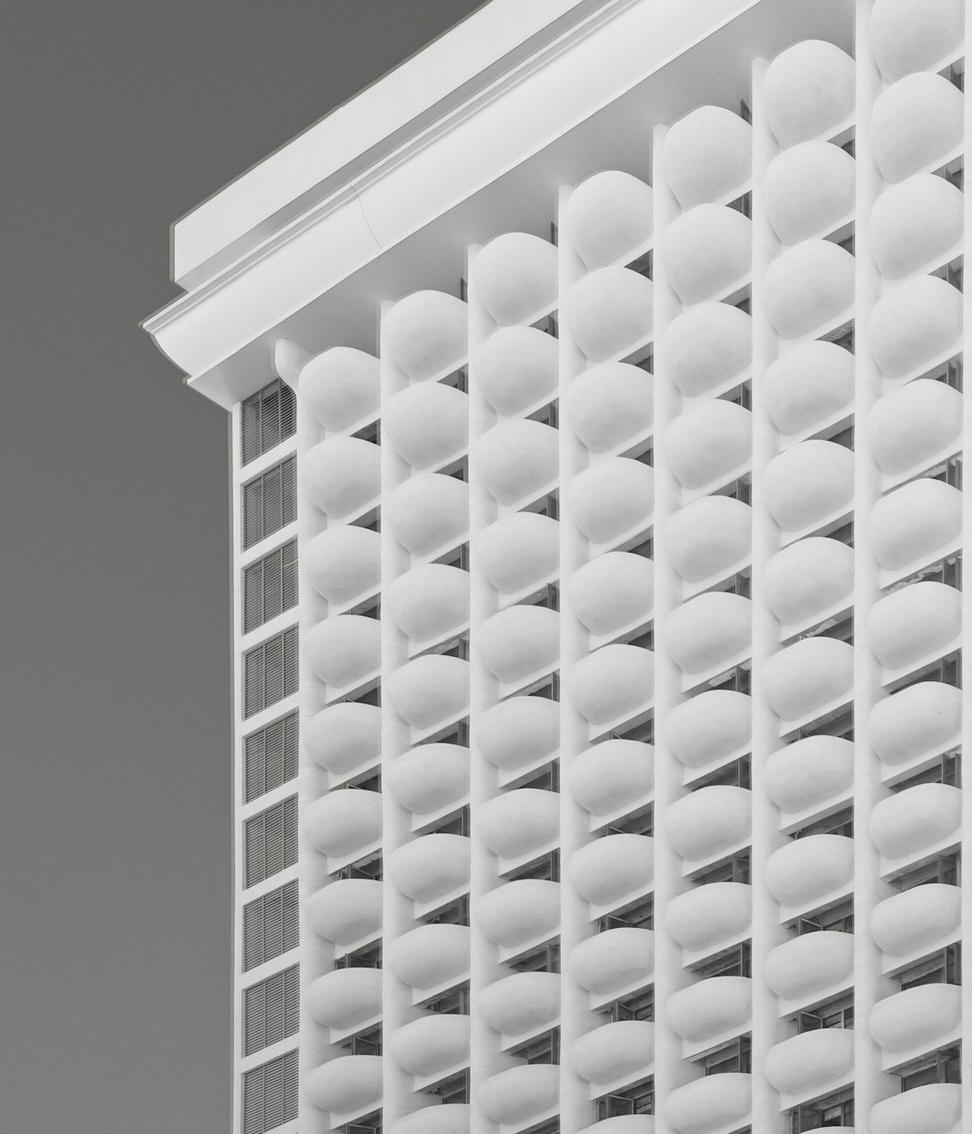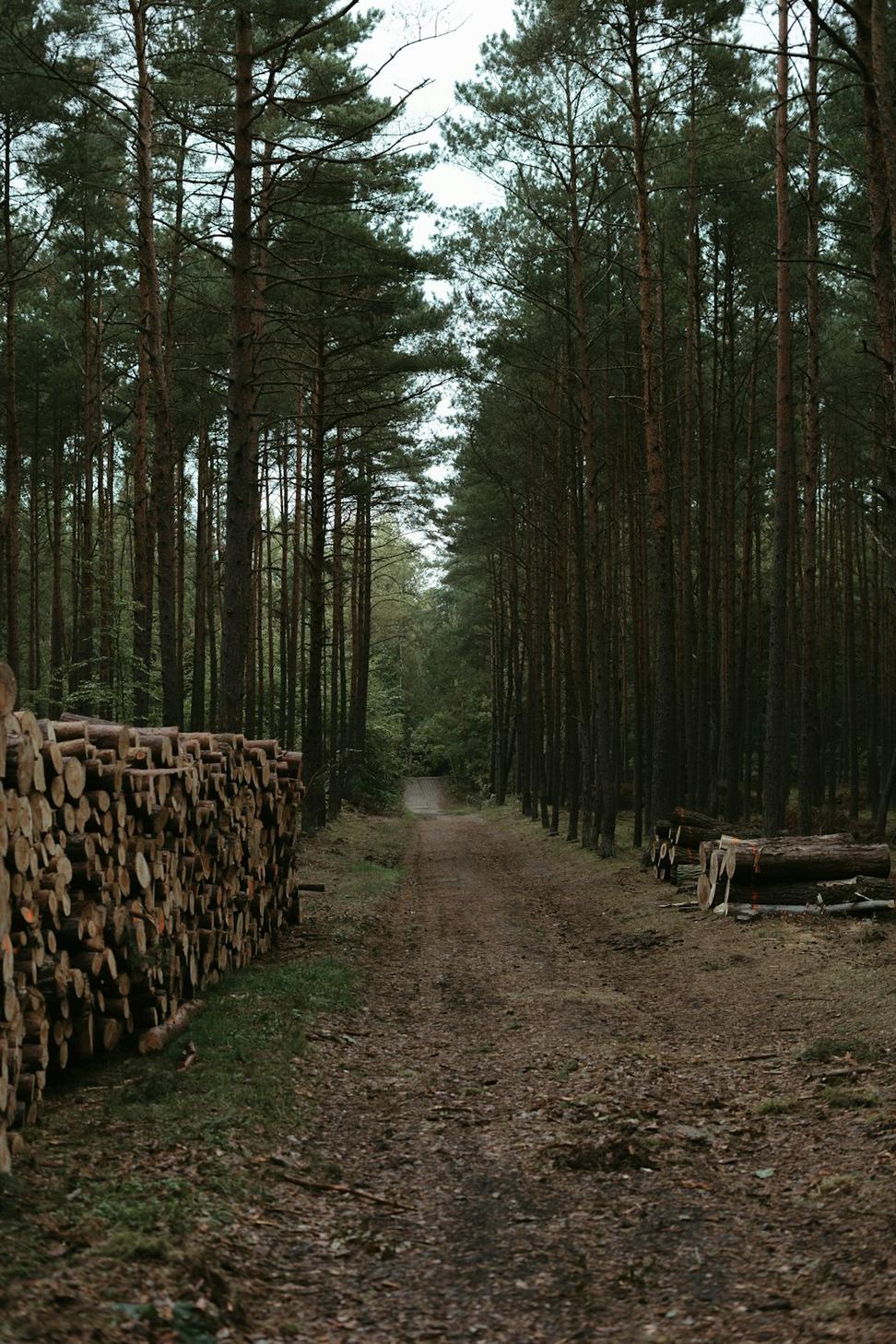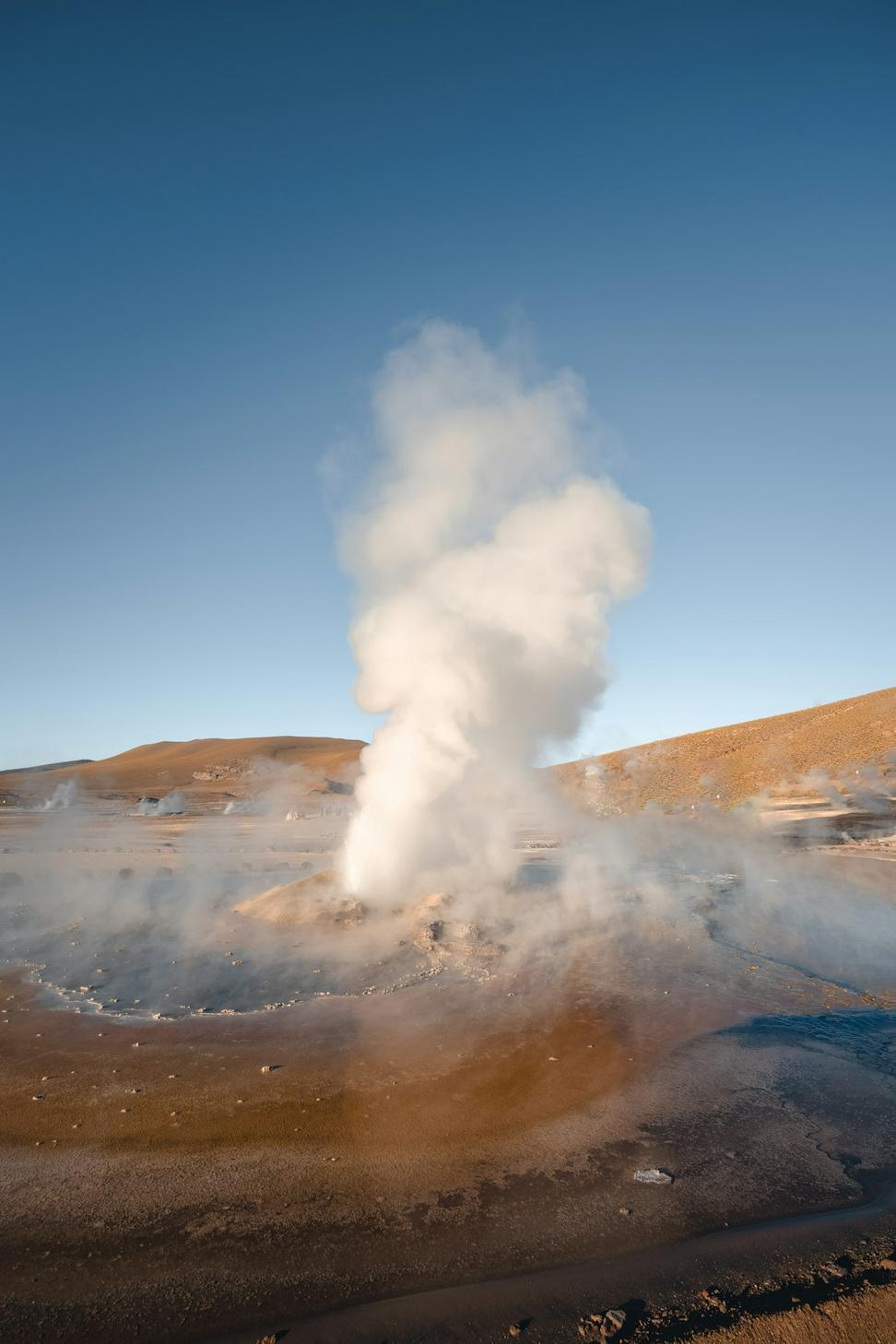Why Sustainability Isn't Optional Up North
Look, when you're working in cold climates, sustainability isn't some trendy buzzword to slap on a brochure. It's literally about survival and respect. I've been doing this for nearly two decades, and I've seen what happens when folks try to transplant southern building methods into Arctic conditions - spoiler alert: it doesn't end well.
The communities we serve can't afford energy waste. We're talking places where heating costs can make or break a family's budget. And the ecosystems? They're fragile in ways most people don't get until they've actually spent time in permafrost regions.
So yeah, everything we do is filtered through this lens: Does it make sense for the environment? Can people actually afford to live in it? Will it still be standing in 50 years?
